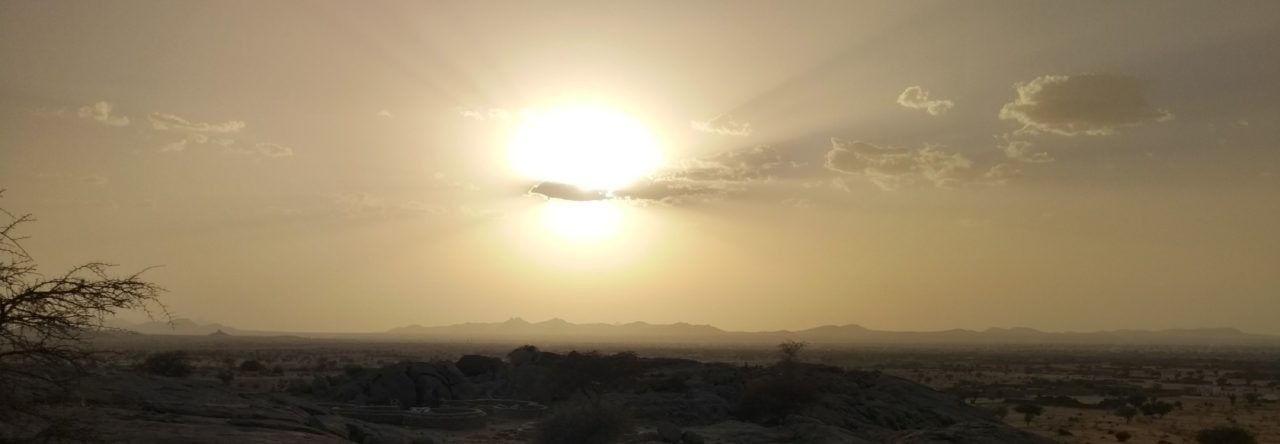“I will put my laws into their minds,
and write them on their hearts,
and I will be their God,
and they shall be my people.”
Hebrews 8:10
You and I both live in places where a works-based religion is prevalent. Islam teaches that the good works people do (praying, giving to the poor, fasting, etc.) may or may not benefit them after they die. In America, Islam is not the main religion, but the trap of trying to work for our own righteousness is still one that many of us fall into whether we realize it or not:
“He’s a good person and he goes to church every week.”
“I gave over ten percent of my tithe to the Lord’s work last year.”
The examples could go on. I was encouraged in reading Hebrews 8:10 that God promises a new and better covenant through Jesus Christ. No longer is it necessary for “sacrifices offered that cannot perfect the conscience of the worshiper, but deal only with food and drink and various washings…” (9:9). God, through Jesus, offers His law to be written on our hearts, changing us from the inside out.
My prayer is that our Muslim friends here in Chad and our “Christian” or secular friends in America will come to understand that nothing – not participating in obligatory fasting, not being super-involved in church ministry, not giving to the poor, not being a missionary overseas – will save us from our sin other than the grace of God though our Lord, Jesus Christ. What freedom we can live in and what freedom we have to proclaim!











